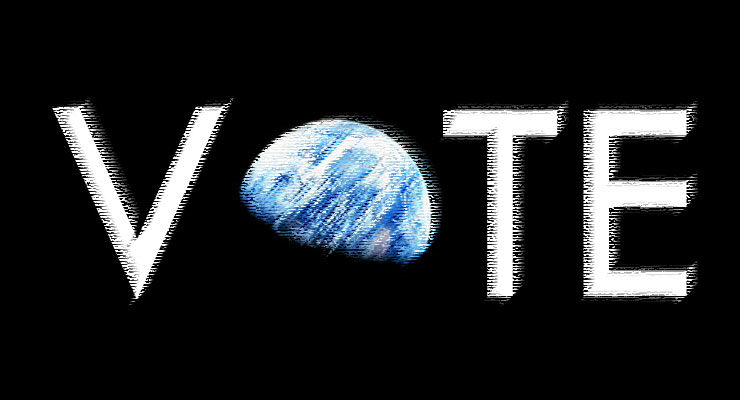
We often talk about democracy in the context of politics and institutions, but this week’s guest draws from Walt Whitman, Ralph Waldo Emerson, and John Dewey to offer a different perspective.
We live in an era defined by a sense of separation, even in the midst of networked connectivity. As cultural climates sour and political division spreads, our guest this week suggests there is no better time to reconsider ideas of unity in democracy.
In his book, The Ethics of Oneness, Jeremy David Engels argues that if the lessons of oneness are taken to heart, particularly as they were expressed and celebrated by Whitman, and the ethical challenges of oneness considered seriously, it is possible to counter the pervasive and problematic American ideals of hierarchy, exclusion, violence, and domination.
Engels is professor of communication arts and sciences at Penn State and the Barry Director of the Paterno Fellows Program. He’s also a yoga and meditation instructor who has spent time studying yoga and philosophy in India. He is the author of The Ethics of Oneness: Emerson, Whitman, and the Bhagavad Gita, The Art of Gratitude, The Politics of Resentment, and Enemyship: Democracy and Counter-Revolution in the Early Republic.
Leave a Reply